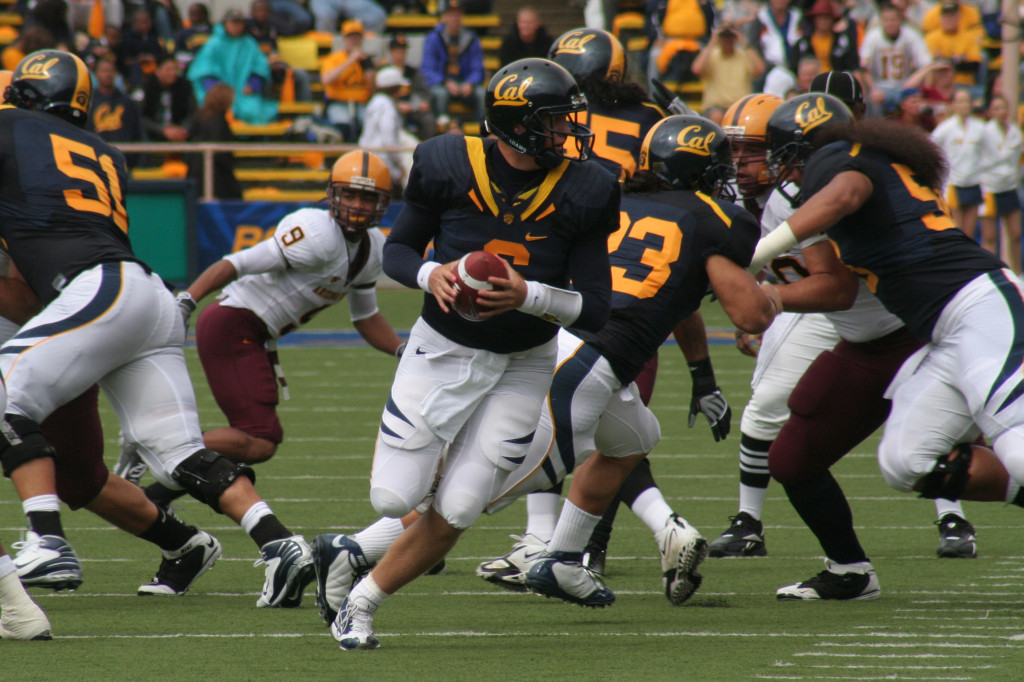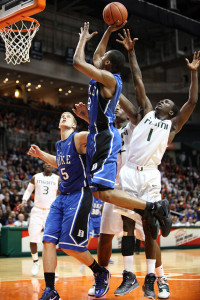
Contributed by: Dirk C. Eldredge II, CIP, BRI I, CADAC, Chairman, Alchemy Intervention & Consulting
The “Disease of Addiction” is not only alive, it’s growing in epidemic proportions. Those of us involved in mental health and the quote, “World of Recovery” understand this intimately. We understand that our disease knows no socioeconomic, ethnic or professional boundaries of any kind. It’s completely indiscriminate and destroys countless lives and rips the very fabric of systemic family systems apart all over the globe.
We Treat Athletes As Heroes, Not As Fellow Humans
We have crafted this lofty image in our country of our greatest athletes both in the Division 1 collegiate & professional levels. These gifted humans are not immune to the disease in any way. It seems we want so badly to believe that these men and women must be different than the rest of us.
They are stronger, faster & more powerful than us common folk so how on earth could they suffer from this disease, this compulsion of the mind? My intention today is to simply and yes sadly, for us athletes and sports fans alike, attempt to raise our collective awareness and level the proverbial playing field of understanding.
Addiction Is A Disease, Not Just Something to "Get Over"
Let’s get real and understand the misconception runs far beyond the playing fields. As far as we have come as a society in recent years we must dig deeper so we can continue to develop proper treatment modalities to help as many people as we can. We must respect addiction as a progressive brain disease rather than viewing it as a weakness or character flaw.
We still have miles of road ahead of us in educating all people that the disease of addiction effects both some of are most intellectual minds as well as some of are most physically proficient bodies.
The NCAA & NFL Aren't Working Effectively Against Addiction
My primary hope is to unpack the misconception and ineffective approach of presenting “help” for athletes from say the NCAA or the NFL. Handing out punitive ultimatums and punishment is an archaic answer to this growing & tangible struggle.
The current levels of educating, treating and supporting athletes in recovery is profoundly ineffective and misrepresented by both institutions as well as countless other athletic organizations. Athletes and each of us that accept this disease as a part of our constitution deserve the opportunity to have daily therapeutic support.
Athletes on all levels that are “contemplative” in their journey of understanding also deserve individualized and non-punitive education, encouragement and support.
Athletes Need Help Understanding Addiction
One example of the short fall in support would be to say, how many professional athletes understand the basic differences and can clearly discern the progression, as it pertains to both legal and illegal drugs and alcohol, between:
- Experimentation
- Abuse
- Fully active addiction?
As a life coach for a few NFL and NCAA teams, I would tell you, it’s pathetic what the NFL and NCAA have defined as appropriate levels of support for their student and professional athletes. I’m comforted to say that there are Head Coaches & General Managers out there that understand the difference and find ways to provide individualized help for their family of players and staff.
They Have The Resources: Why Aren't They Helping More?
 What makes this specific equation most demoralizing is that all these organizations have the resources to help their own, and so many continue to turn their backs on this disease as a weakness or something that simply does not penetrate the walls of high performance athletes.
What makes this specific equation most demoralizing is that all these organizations have the resources to help their own, and so many continue to turn their backs on this disease as a weakness or something that simply does not penetrate the walls of high performance athletes.
Nothing could be further from the truth and it’s costing lives and countless career’s that simply never reach their full potential or end prematurely because no one was there to support and educate these athletes as they progress more deeply into their disease.
Pain Management And Why Addiction Can Become So Prevalent
Managing physical pain is a real and constant issue with all athletes, none more so than football. The physicality and brutally abusive nature of football lends itself to each player having to manage a level of pain throughout any given season. The majority of players that don’t have the disease of addiction grind their way through with the constant help of wonderfully qualified training staff’s and countless physical therapists.
The athletes that are prone to addiction end up in so many situations hopelessly addicted to pain medications and other substances such as pot and alcohol in a fruitless and vain attempt to self medicate and manage their pain. This is where the “Black Hole” is best defined for these amazing athletes. Asking for help could cost them a scholarship or worse a multi-million dollar contract.
Awareness and Understanding Are Key
My hope is that this can change through awareness and new understanding. Addiction can not be solved through a few one hour annual team meetings or symposiums. The progression of this disease is relentless and its manifestations can show themselves overtly or covertly, either way the consequences will be profound for the individual, their family and their performance on their team.
Athletes just like executives, musicians, inmates and soccer mom’s are not immune from this disease. My hope is that we can stop vilifying this disease and start respecting it as part of the basic struggle of human lives just like cancer or diabetes.
How These Sports Organizations Can Get On Track With Addiction
Let’s take the resources that the sports industry has been so proficient in creating and take a small percentage of their profit and place it back towards providing quality treatment and individualized counseling & support to those that want to accept their disease and go to any length to arrest it’s progression. This must be provided both during and after an athlete’s careers has ended.
Punitive punishment for athletes is not the answer here, just as incarceration for people that break the law to feed their addiction has been such an abysmal failure in leading to overcrowding and recidivism. With respect, love and education all things are possible.
